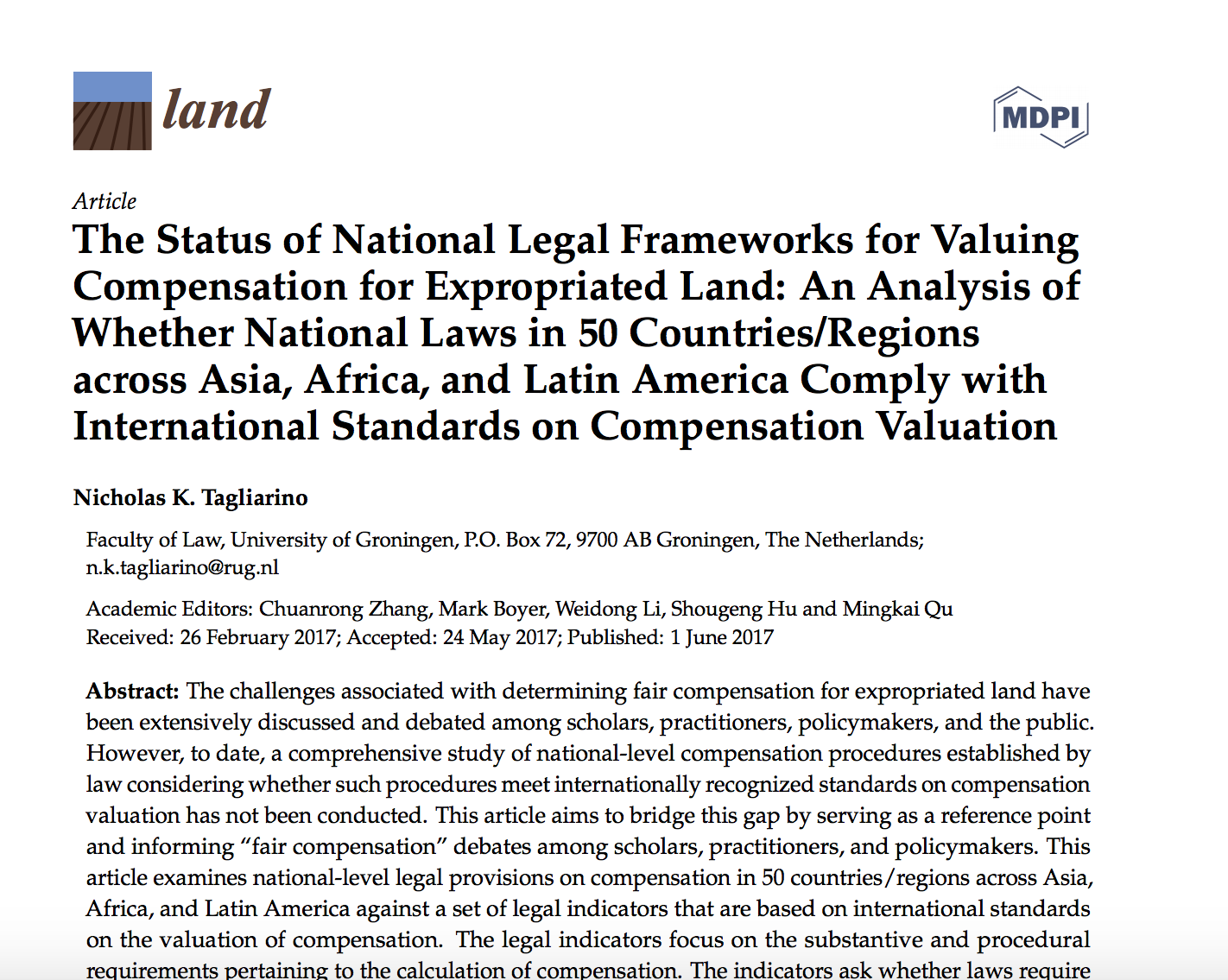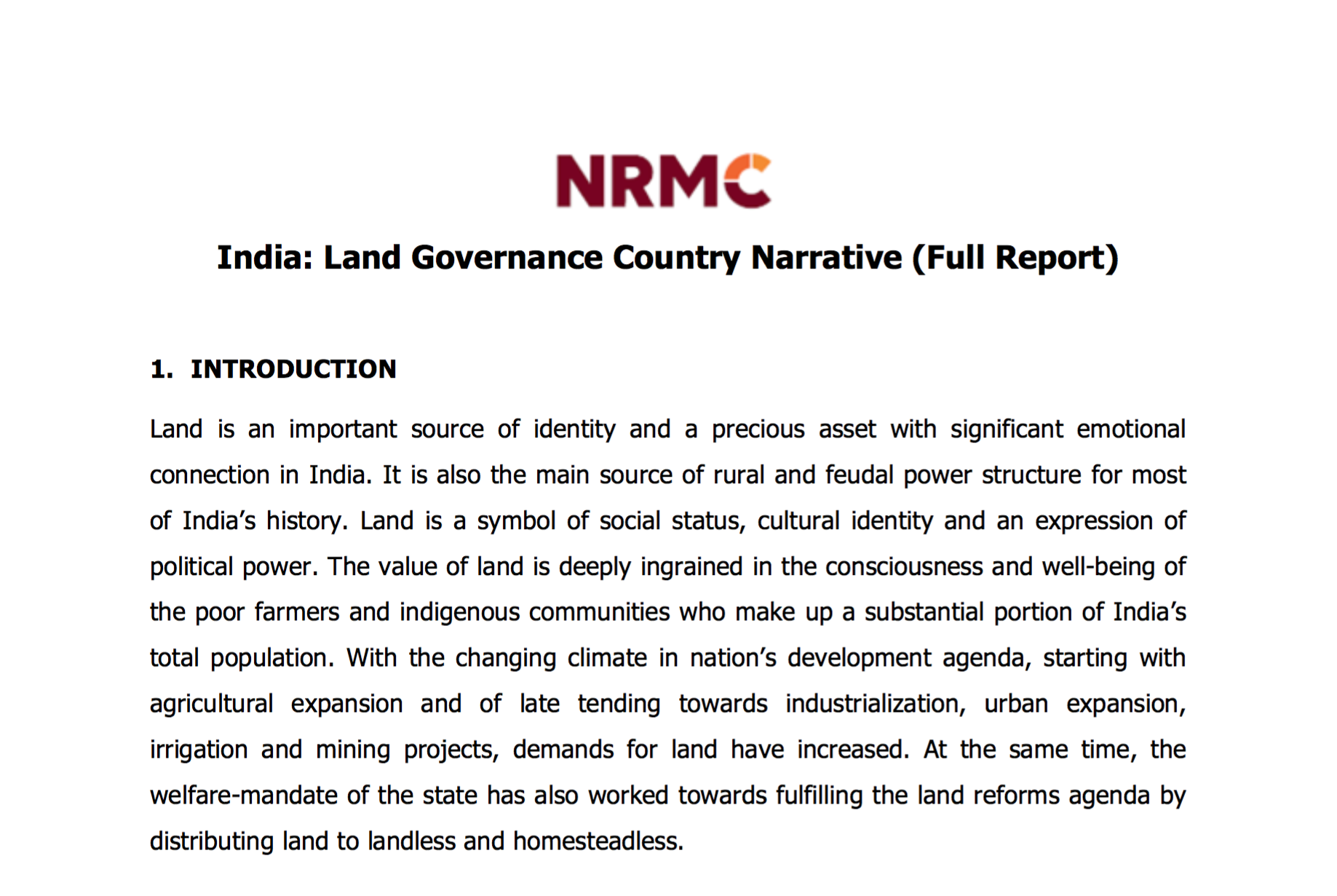Réforme Agraire: colonisation et coopératives agricoles 2008/1
The articles in this volume supplement FAO Land Tenure Studies 10, Compulsory acquisition of land and compensation. The latter publication explains what compulsory acquisition and compensation are and what constitutes good practice in this area. This current volumes introductory article provides an overview of these issues. The issue of compulsory acquisition from a human rights perspective is also addressed here as are the concepts of market value, compensation value and just terms compensation.





